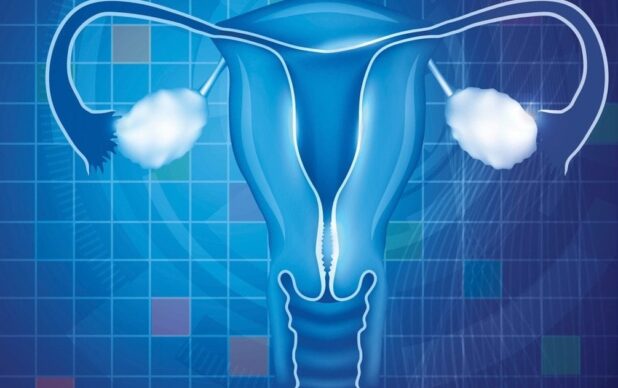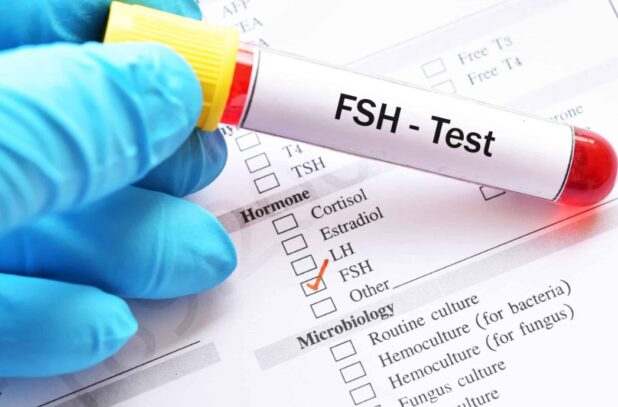Men have countless production of sperm. No matter how much they utilize their sperm, they will never run out of it. On the other hand, women have a limited supply of her eggs for a lifetime. In easier words, you are born with several eggs you can exhaust until menopause. And what’s worse is that your egg quantity decreases as you age.
By the time a woman is 30, she has entered her phase of poor ovarian reserve. It means she has a little reserve of oocytes (immature eggs) left. As a result, it gets difficult to get pregnant. Luckily, some ways and treatments like egg reserve tests, IVF, surrogacy, etc., allow you to utilize your eggs carefully.
Read this guide to understand the importance of egg reserve exams in your fertility journey.
Table of Contents
What Is an Ovarian Reserve?
Ovarian reserve, also known as egg reserve and egg count, is the number of eggs inside your ovary. These immature eggs are known as “oocytes” that may have the potential to grow and fertilize.
Your ovarian reserve is maintained by a glycoprotein hormone called “anti-mullerian hormone.” Doctors suggest measuring this hormone through an egg reserve test to estimate your chances of getting pregnant. The follicles produce the AMH. This hormone is responsible for keeping your eggs in optimal condition.
What Is An Anti-Mullerian Hormone?

The anti-mullerian hormone is a glycoprotein produced by your follicles. The test for AMH determines your ability to get pregnant.
Unfortunately, the levels of AMH begin to decrease with age. Your poor ovarian reserve makes it difficult to conceive at your age. As a result, it also impacts the quantity of your egg reserve.
What Is An Egg Reserve Test?
The test is a collection of medical exams that assesses the levels of the biomarker hormones, such as follicle-stimulating hormone, anti-mullerian hormone, etc., in your blood to calculate your ability to get pregnant. The two most common tests in egg reserve screening are:
FSH Test
The follicle-stimulating hormone test gauges the FSH levels in your blood to examine your sexual development. It is produced by the pituitary gland and is responsible for stimulating the growth of your ovarian reserve.
The levels of FSH in women fluctuate throughout the menstrual cycle. Here is what different levels of FSH levels in your blood mean:
- The high levels of follicle-stimulating hormone in your blood indicate poor ovarian reserve. It can cause menstrual issues, such as infertility, irregular periods, low sex drive, and early menopause in women.
- Low levels of FSH in your blood mean you have a good ovarian reserve. Hence, you can get pregnant.

AMH Test
The anti-mullerian hormone is another more accurate medical test than FSH for pregnancy prediction. The follicle produces it in the ovaries that maintain the quantity and quality of the eggs.
The levels of AMH begin to diminish as you get older. The AMH levels stay consistent throughout the menstrual cycle, making it easy to measure your conceiving chances. Here is what different levels of AMH in your blood mean:
- A low AMH level before 35 indicates fewer chances of conceiving.
- Higher AMH levels in your blood mean you have an optimal ovarian reserve; getting pregnant will be less difficult.
 World Magazine 2024
World Magazine 2024






